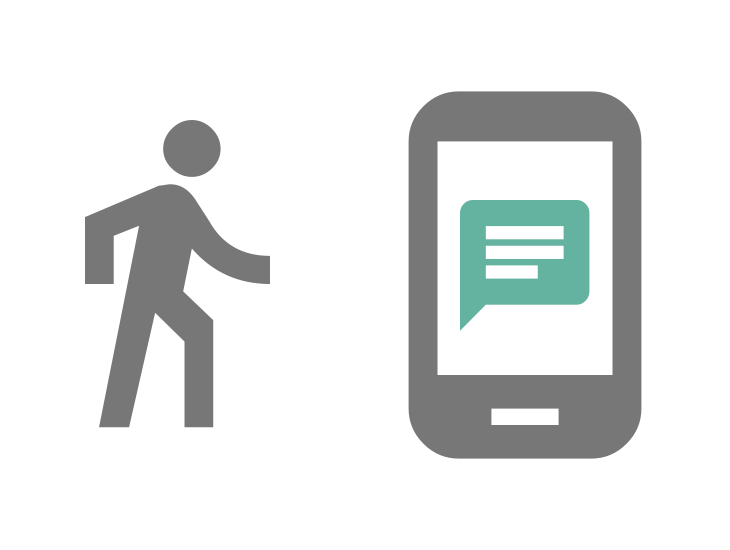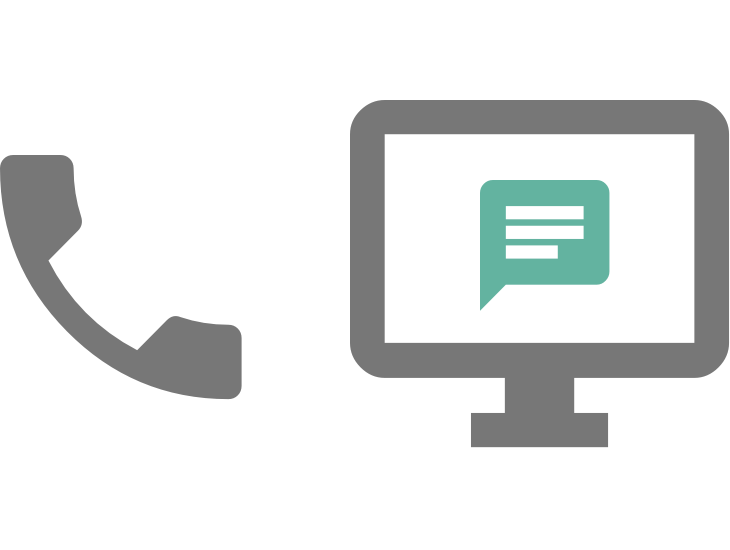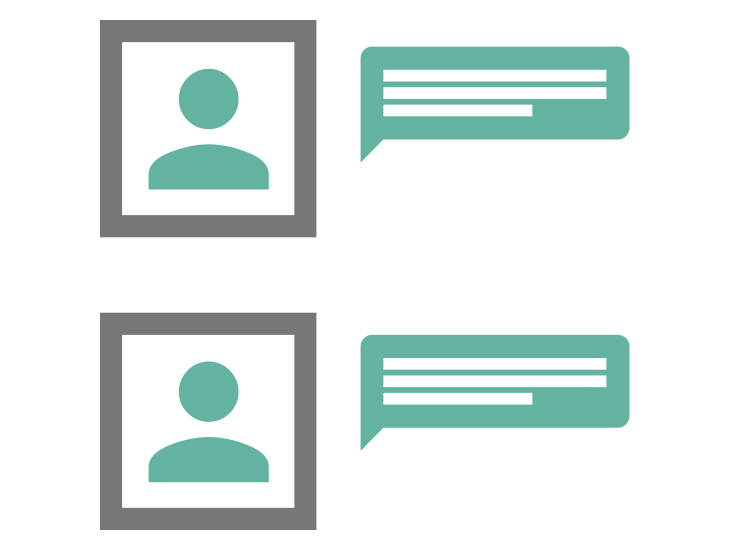GDLive Newsfeed
We check in with people at each stage of the cash transfer process to see how things are going. Take a look at some of their stories as they appear here in real-time.
Learn more about how recipients opt in to share their stories.

access_time
almost 2 years ago
Regina
enrolled.
"My mother has been sickly for the past twenty years and since she is bed ridden, I am the breadwinner of my family. I do casual jobs to earn a living and the $2 I earn a day is not enough to purchase food at the same time her drugs. Some days, she stays without the prescribed medication which worsens her situation. This stresses me and I feel bad when I cannot provide for her."
View Regina's
profile

access_time
almost 2 years ago
Solomon
enrolled.
"The main challenge that I'm facing at the moment is the lack of money. Currently, I don't have a permanent job and therefore I depend solely on casual labor which I get occasionally about two times a week. Through this casual labor, I'm able to earn 20 dollars which aren't enough to cater to my household needs. Since my neighbors are also in need I can't ask them for any assistance to meet my basic needs which makes life very difficult since I have to go without food sometimes."
View Solomon's
profile

access_time
almost 2 years ago
Scolar
received a $403 second payment.
"GiveDirectly's sessions offered in-depth explanations of how their program functions. We received a clear overview of the organization's payment methods as well as an understanding of their approach from the program's inception. Additionally, the session covered critical security measures that were put in place, significantly contributing to our overall sense of safety."
View Scolar's
profile

access_time
almost 2 years ago
Joram
received a $419 second payment.
"Currently, I operate my businesses in a mud-walled house. Although it is not safe since I had no alternative and I wanted to invest, I opted to take the risk. As of now since the business is doing well, I have a goal of building a block walled structure that will serve as the shop. To achieve this I have a saving plan from the profit I make to see the goal materializing."
View Joram's
profile

access_time
almost 2 years ago
Kahaso
received a $403 second payment.
"For over forty years since I got married I was sleeping on a small traditional bed that was in a poor condition. Poverty did not allow me to buy a good bed since the family needed to be taken care of and I was just a casual laborer. Upon getting the second transfer, I saw it to buy a nice standard bed and a mattress. The bed cost me $70 while the mattress cost $60. After that, I bought some plumbing materials to complete a water project that I had started. I had a project of fixing a water tap at home because the waterpoint is at a distance. The plumbing materials and the plumber's charges cost $150. Thereafter I bought a goat for $35 and saved the remaining amount for the family's upkeep."
View Kahaso's
profile

access_time
almost 2 years ago
Jackline
received a $403 second payment.
"I faced difficulties during the drought season due to the scarcity of clean water. Therefore, when I received my transfer, I decided to invest in a water tank for our home to address this issue. The purchase of the water tank, which cost $350, has made a significant difference by providing us with adequate water flow and alleviating the burden of constantly fetching water from outside. Additionally, I was able to pay off a debt that had accrued during the installation of the water base slab, which had previously been a financial strain. This is because my business was booming before COVID-19 struck. Unfortunately, it went down to a smaller one. I am married and blessed with two children. Thanks to GiveDirectly, I now have access to sufficient water and am even able to harvest rainwater."
View Jackline's
profile

access_time
almost 2 years ago
Lilian
enrolled.
"Food insecurity is a major problem that we face at the moment. This was occasioned by the prolonged drought, we have never received adequate rainfall for the last 3 seasons, we had planted maize and millet last season but they ended up drying because of distress from lack of water, the livestock too was affected and quite a number of them died from starvation due to inadequate pasture. We have been forced to buy the foodstuff from Marigat town, sometimes we cannot afford more so when the cost of living rose to unprecedented levels. Life has really been hard for us and we have nowhere to turn to, we are hoping against hope that things will be better this year now that we have started receiving rainfall."
View Lilian's
profile

access_time
almost 2 years ago
Jackson
enrolled.
"In the past, my main economic activity was charcoal burning. It is throught this that I was able to get cash to supplement my food and nutrition needs. On average, I would sell 9 sacks of charcoal for USD 50. I would also use this cash to fend for the livelihood needs of my nuclear family. However, deforestation has resulted in a drastic reduction of trees. Consequently, we have little to no disposable income to procure food to supplement our nutritional needs."
View Jackson's
profile

access_time
almost 2 years ago
Rael
enrolled.
"Due to the drought, it's really difficult puting food on the table. Last year I planted some millet and due to no rains I harvested nothing. This has led to the food instability we're experiencing now. To get food I was forced to sell all my chicken and some some goats. We had no other choice due to hunger. This has been the biggest challenge facing us. It's sad not being able to eat and worrying everyday about food. To also survive I've been depending on my children."
View Rael's
profile

access_time
almost 2 years ago
Florence
enrolled.
"Food access has been a big challenge. Most of our income is channeled towards food which is also expensive. In this village, growing food is hard and especially because of the drought. This has also led to water shortage making it difficult to grow. All this has made it hard getting food, affecting our ability to get adequate food. We mainly depend on the casual job my husband acquired outside the village. This a times may not be enough for our sustainance."
View Florence's
profile





